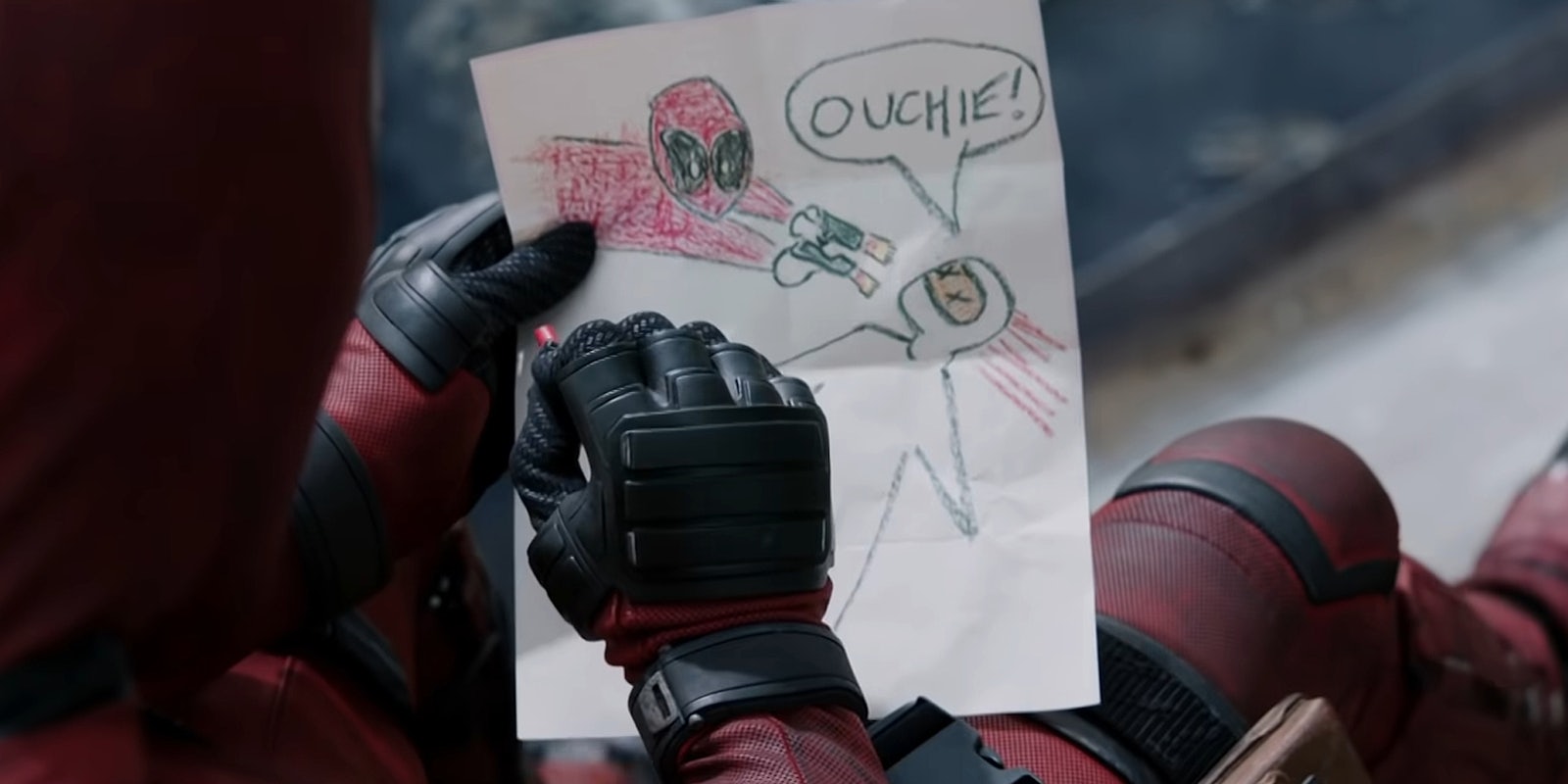Ryan Reynolds contributed so much to the script of Deadpool 2 that he warranted a co-writing credit, in part due to his skill for ad-libbing quippy dialogue. He’s also listed as a co-writer on Deadpool 3—something that raises awkward questions because the movie just began filming amid the writer’s strike.
As a multi-hyphenate actor/writer/producer, Reynolds can keep working during the strike—but not in a writing capacity. If he rewrites any of Deadpool 3‘s script (including minor edits to stage directions or cutting unwanted lines), he’ll be violating the strike.
In an odd coincidence, this is actually how Reynolds’ Deadpool was born. His cameo in X-Men Origins: Wolverine was filmed during the 2007-08 WGA strike, with Reynolds saying, “Every line I have in the movie I just wrote myself because in the script we had, it said, ‘Wade Wilson shows up, talks really fast.’ I was like, ‘What?! What am I supposed to do with that?’”
Can actors improvise during the writers’ strike?
Improvised dialogue is something of a grey area in terms of what the WGA qualifies as “writing.” During the 2007-08 strike, some late-night talk shows returned with fully improvised episodes, although Jay Leno earned backlash for writing monologues.
Meanwhile, actors are still allowed to ad-lib spontaneous dialogue while filming—and on some productions, studio bosses are likely hoping that actors will pick up the slack from striking writers. But if those actors are WGA members with a writing credit, they face more scrutiny about following the strike guidelines; an issue that improv-centric comedies struggled with during the last strike.
Under normal circumstances, films and TV shows routinely have a writer on set (or at least on call) to rewrite dialogue or solve narrative problems that crop up while filming. Reynold would probably be doing this kind of work, but if he supports the strike, he’ll have to bite his tongue and keep filming with zero rewrites. Scabs and strike-breakers risk being reported to the WGA tip line and expelled from the guild.
What the writers’ strike means for Deadpool
Deadpool 3 is actually a textbook example of how studios are pressuring filmmakers to break the strike—and gambling with the quality of these movies in the process.
An astonishing 97.9% of WGA members voted for the strike, signaling a near-universal understanding that the profession is stretched to breaking point. Screenwriters are protesting against low pay, lack of job security, and exploitative working conditions at streamers like Netflix. The WGA has also received a lot of support from other corners of the industry, with crewmembers and actors (including some famous names) joining the picket lines. There’s even talk of a strike at the Screen Actors Guild, whose members are facing similar hardships.
By insisting on filming projects like Deadpool and Andor through the strike, Disney has been accused by the WGA of using “union-busting tactics.” For someone like Reynolds—who doesn’t exactly face financial insecurity—this likely preys on his personal attachment to Deadpool as a character and brand.
He presumably wants to make a good movie, which would ordinarily involve on-set rewrites. But unless he breaks the strike, he can’t do that. So Disney is pressuring him (and people like him) to either betray their fellow strikers and sow discord among the WGA or deliver subpar work on their own passion projects.
As the strike continues, we can assume that Deadpool 3 will involve a lot less improv than expected. So in addition to those accusations about union-busting tactics, Disney is potentially sabotaging a hit superhero franchise.



